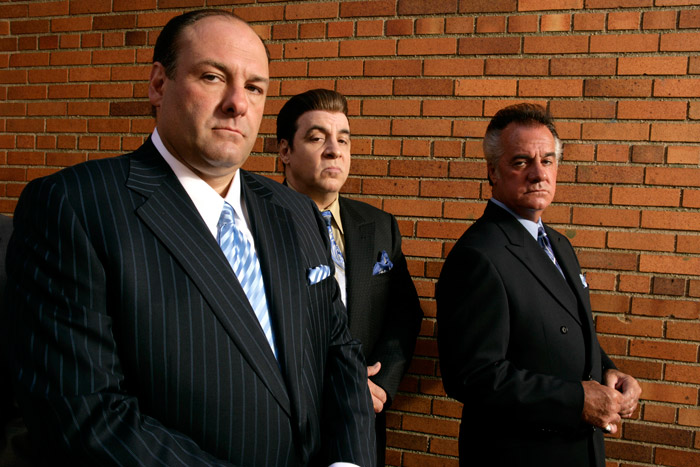2015 was arguably the best year for television in the history of the medium, both in terms of quality and quantity. Last summer, John Landgraf, president of FX network and de facto ‘mayor of television,’ stated that people have reached an age of “peak TV in America,” pointing out that over 400 scripted television series have aired in the last year. Part of this was an expression of concern over the instability of having so much airing in such a short amount of time, but it also symbolized just how far the medium has come since The Sopranos showed the world what TV was capable of.
Despite this, TV is a medium that is very much still in its infancy, and there are a lot of hurdles it needs to overcome in order for it to unlock its true potential. Here are four ways that TV can get to the next level of artistic achievement.
1. Figure out what an episode is
Perhaps the most important mark The Sopranos left was that it popularized the idea of heavy serialization to drama. Shows no longer had to tell self-contained stories that intermittent viewers could easily pick up and instead started to tell complex 13-hour stories in which characters are capable of change. However, the scales have probably tipped too far towards serialization, where many quality shows, especially ones released on the full-season binge model, suffer from an unwillingness to fully use an inherent part of the medium to their advantage. At their best, episodes can be used to explore a facet of a show in great detail, and tell a full, satisfying story that still fits into the serialization of the show. HBO’s The Leftovers is especially good at this.
2. Know when to end
Unlike other art forms, TV is a medium where its pieces of art can and often do end abruptly and unfinished. This is not only a problem because great shows are cancelled too early (see Deadwood, Enlightened, Hannibal), but also because it means that creators spend most of their shows’ runs not knowing how many seasons they will get before they end. This hinders their ability to make a fully cohesive series across multiple seasons. For instance, Lost became an unfocused mess midway through its third season, but quickly regained its sense of structure after its creators were given an established end date. In a world where ratings are becoming a less and less important factor in whether or not a show is cancelled, it seems like established end dates will soon become the norm.
3. Break format
Experimentation is key to the artistic development of any medium, even if most of it fails. The fact that many shows exhibit a lack of imagination, or an unwillingness to innovate on a storytelling level (this is doubly true of comedies), is understandable. Relying on what has worked with viewers in the past has the best chance of working in the present, but it also leads to creative stagnation. Thankfully, some shows are willing to break new ground. For instance, Fargo’s second season was especially good at this, moving from a traditionally-shot, straightforward first season to the split-screens and visual metaphors of its 1970’s-set second season.
4. Become more of a visual medium
TV has always been a writer’s medium, with the unofficial title of ‘showrunner’ usually given to the head writer of a series. This is markedly different from film, where the director—whose job is more about how a movie is shot—is the chief authority on set. This means that even great series can feature tight, well-plotted scripts, but feature limp, unimaginative visuals. Thankfully, this is beginning to change. Shows like Louie and Breaking Bad have seen their showrunners recognize the importance of cinematography and camera placement, whereas shows like Master of None and Transparent have brought in film directors as collaborators to establish their visual palates.
After The Sopranos ended, there was a lot of critical worrying about the best days of TV now being in the past. The near-decade since then has thankfully proven them wrong, but there’s still a lot that can be improved across the medium. The next great television series, if it hasn’t premiered alreadly, will think differently, escew the limitations of the form, and add another layer to what television is capable of.










Pingback: Fx Cable Channel |